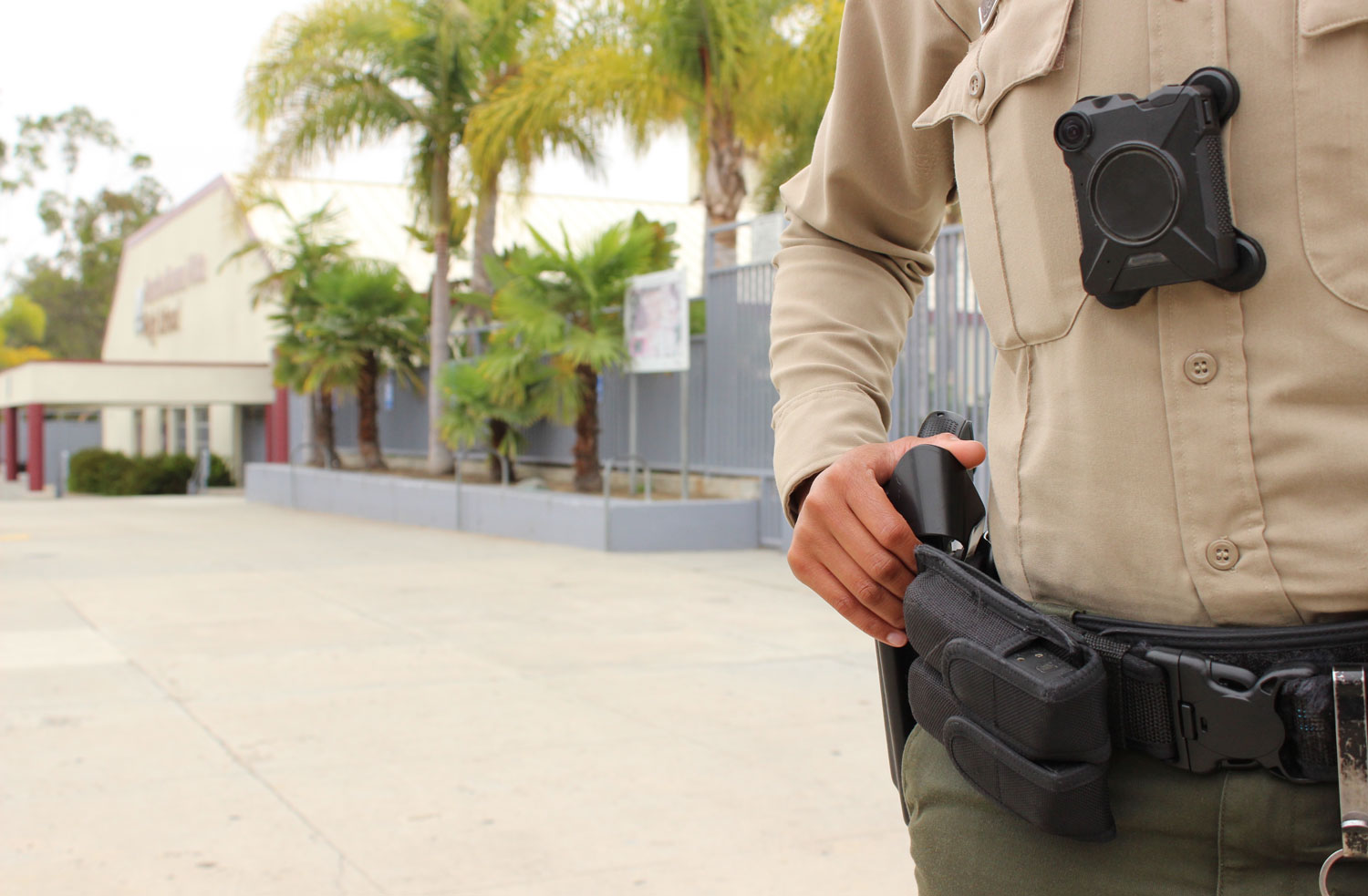
Reversing Learning Loss

Reversing Learning Loss
COVID-19 school closures took 50 million children out of classrooms across the country. An analysis by The New York Times found that it set students back in math and reading proficiency by two decades while widening the achievement gap that divides poor and wealthy children. We are committed to closing that gap and undoing the damage.

Transparency

Transparency
Mothers and fathers are entitled to know what their children are learning in the classroom. How their tax dollars are spent should not be a secret. Information regarding learning activities and curriculum should be clear and readily available to parents and students alike.

Against Indoctrination

Against Indoctrination
We believe, as Thomas Jefferson wrote, “that all men are created equal.” Ideologies like critical race theory and DEI reject that fundamental belief of the American experiment. These doctrines emphasize all the ways we are different instead of what we share in common. They also subordinate the liberal arts to indoctrination. Children should be taught how to think, not what to think. We are committed to abolishing these ideologies from the classroom.

Parental Rights

Parental Rights
We believe children are not society’s collective property. Parents are their child’s first teacher and main priority and they should have a say in their children’s education.

Merit

Merit
A study by the American College Test (ACT) found that the grade point averages of high school seniors steadily rose between 2010 and 2021. At the same time, the National Assessment of Educational Progress recorded steady declines in reading, math, and U.S. history scores. ACT also reported worsening scores on its standardized test, which is similar to the College Board’s SAT.
What is going on here? The answer is grade inflation.
Grade inflation is the enemy of merit because it lowers standards to artificially improve grade point averages and graduation rates. If standards are lowered, so are expectations. Lowered expectations mean students do not get what they deserve and leave the classroom unprepared for what lies ahead.
We support returning academic accountability and merit to the classroom.

School Safety

School Safety
A Florida teacher’s aide was assaulted by a student over a video game. A 15-year-old student brutally beat a Georgia high school teacher. A mob of students attacked an assistant principal at a Texas high school. In Las Vegas, one high school student was beaten to death by his peers after he stood up for a friend. All these incidents occurred this year. But it’s not a new problem.
A study published by the National Center for Education Statistics in June 2022 found that 84 percent of public schools agreed or strongly agreed that the COVID-19 pandemic had negatively impacted students’ behavioral development. Classroom disruptions and disrespect toward teachers and staff, among other things, were worse in 2021 than in 2019.
Ensuring kids, staff, classrooms, and campuses are safe and secure is paramount to better learning outcomes. To that end, we support a comprehensive approach toward school safety.

Classical Education

Classical Education
We believe that the best civic foundation for every child is a classical education in the liberal arts and sciences. No other kind of curriculum can engage students in the principles of truth, justice, virtue, and beauty. These essential ingredients have fallen by the wayside on the road to crafting curriculum around “diversity, equity, and inclusion” and critical race theory.

Student Data

Student Data
Nearly every state enacted student data privacy laws between 2014 and 2020. Still, schools have access to a vast amount of data that belongs to children, including images, videos, creative content, and more. How that data is gathered, maintained, and utilized raises questions about online threats and privacy. Guarding against student data breaches is critical to protecting your children’s personal information.
We also believe the process should also be transparent. According to the U.S. Department of Education’s Student Privacy Policy Office, just 4 percent of school districts disclose information on their websites about whether and how they collect data about their students.

Civics Education

Civics Education
Asked what sort of government America would have, Benjamin Franklin said: “A republic, if you can keep it.” His answer was based on the presupposition that Americans understood republicanism and knew how our government should tick. Today, most do not.
Data from the National Assessment of Educational Progress shows that scores among eighth-graders in U.S. history and civics are at the lowest since the assessment began in 1994. A nation of people who do not understand their own government and its history cannot safeguard its proper functioning.
The solution is to return the study of foundational texts and documents to the classroom: the U.S. Constitution, the Federalist Papers, and so on. Not only is this critical to educating informed and active citizens. It reminds Americans of their shared stake in our national experiment.

Improving Reading Scores

Improving Reading Scores
Thomas Jefferson called the Declaration of Independence an “expression of the American mind.” It was a synthesis of the “letters,” “printed essays,” and “elementary books of public right,” meaning the works of Aristotle, Cicero, Locke, and Sidney in which Americans had immersed themselves.
Fast forward to today. Since 2020, the reading scores of high-school-aged students have steadily dropped. Data from the National Assessment of Educational Progress shows that fully two-thirds of U.S. children cannot read with proficiency and 40 percent are essentially nonreaders.
Reading and reading well is an important habit for students to develop in the classroom. However, some schools are running in the wrong direction instead of focusing on improving reading scores amid this decline. They opt for lower academic standards, thus setting children up for long-term failure. We believe that raising standards and expectations will, in the end, raise individual boats as well.

Protect Girls Spaces

Protect Girls Spaces
Gender ideology has gained steam in recent years. We believe that it poses a risk to young girls in a variety of different ways.
Biological sex is real and must be taken into account in schools. Girls need their own space where they feel protected and supported. This includes female locker rooms, bathrooms, and sports.

